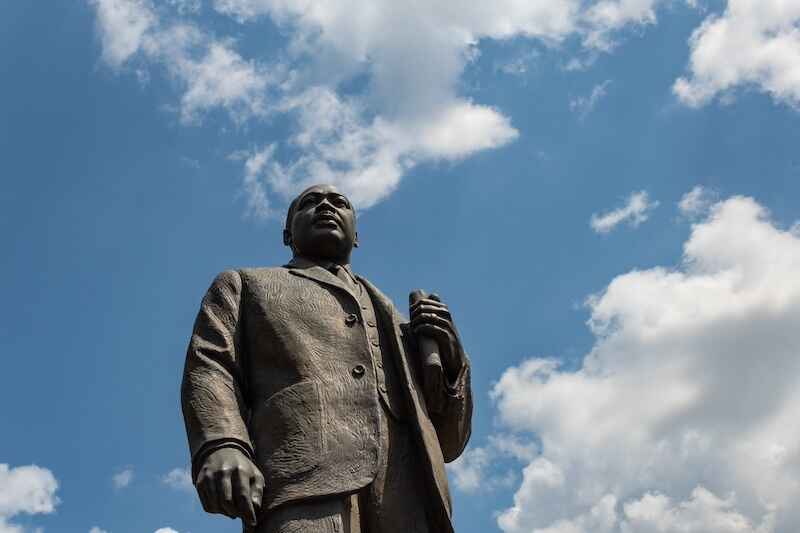Unlock the Editor’s Digest for free
Roula Khalaf, Editor of the FT, selects her favourite stories in this weekly newsletter.
Standard Chartered shares rose on Thursday after reporting better than expected first-quarter results on the back of higher interest rates and growth in its wealth and banking business.
Reported pre-tax profit in the first quarter increased 6 per cent year on year to $1.9bn, beating analysts’ expectations of $1.4bn, the London-based bank said on Thursday. Its Hong Kong-listed shares jumped as much as 6 per cent in the afternoon session after the results were published.
“We delivered a strong set of results in the first quarter of 2024, with double-digit growth in income and positive operational leverage,” said Bill Winters, the group’s chief executive. “Business performance was strong and broad-based across our segments, products and markets in what continues to be an uncertain environment.”
The lender, which makes most of its profits in Asia, particularly Hong Kong and Singapore, also made $234mn from a revaluation of currency positions in Egypt and hyperinflation in Ghana.
Winters has been under pressure to demonstrate to shareholders that the bank is cutting costs and simplifying its structure. StanChart’s Hong Kong-listed shares are up 16.8 per cent over the past year, though they have still fallen more than 40 per cent since Winters took over in June 2015.
The chief, who complained that the bank’s stock price was “crap” in February, has started overhauling management in recent months.
In March, the head of StanChart’s investment bank Simon Cooper left the group, with his role taken over by trading boss Roberto Hoornweg in Dubai and Singapore-based Sunil Kaushal, head of Africa and the Middle East. The bank said several senior roles would be removed in order to cut costs and complexity.
The bank is also searching for its next chair when José Viñals steps down, sounding out UK political heavyweights Sir Charles Roxburgh and Sir Sajid Javid as potential candidates.
The lender conducted a share buyback worth $646mn as of May 1, according to an exchange filing, part of the bank’s $1bn buyback program announced in February.
It booked a credit impairment of $176mn in the first three months of the year, mainly in the wealth and retail banking division. The bank took another $10mn credit loss impairment on its Chinese commercial real estate portfolio for the quarter, the result of a property crisis that began three years ago, though other parts of the portfolio offset the loss.
StanChart said it was reducing its exposure to the Chinese real estate portfolio to $2.4bn as of March, down 40 per cent from the end of 2021, when the collapse of developer Evergrande triggered turmoil in the industry.
The bank said its remaining China portfolio, excluding the property sector, remained “resilient” and that it was adding exposure to sectors including clean tech, electric vehicles and advanced manufacturing. Winters said in an April post on LinkedIn that he was confident about Asia’s long-term outlook and China’s transition to “new economy” industries.
The bank’s quarterly writedown was $165mn as of end March, up from $20mn a year ago, due to losses in wealth and retail banking and a $28mn charge in ventures primarily from Mox, an online-only Hong Kong bank majority-owned by StanChart.
Credit: Source link














